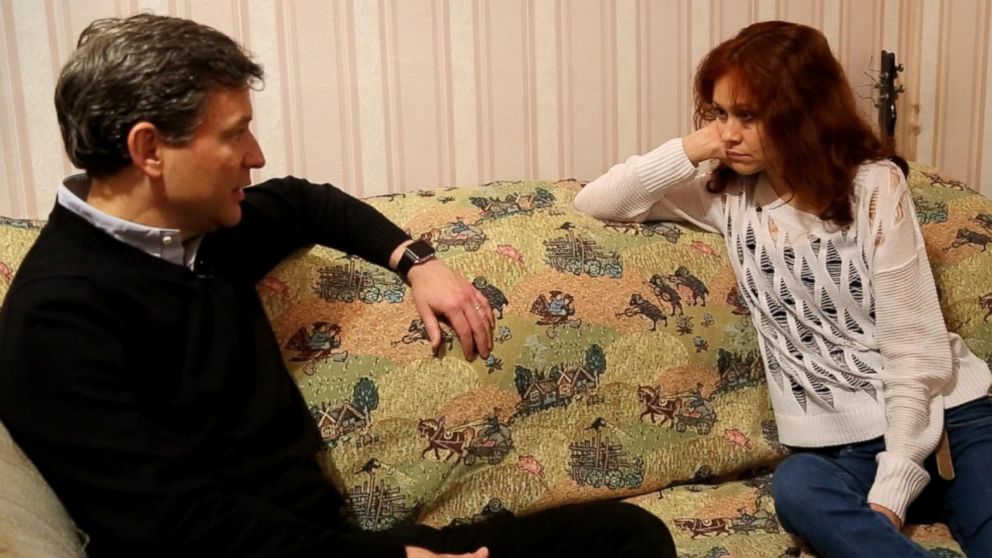Former employees expose inner workings of Russian troll farm
Former trolls said the goal was to divide U.S., not promote Russia.
— -- On the outskirts of St. Petersburg, Russia, inside an unassuming office building, people who claim to have worked there say Internet trolls are hard at work, exploiting America's deepest divisions.
When ABC News' Dan Harris and his team walked into the building, it was clear they were not welcome as a man walked up to them, yelling in Russian and ushering them out.
Even though the 2016 U.S. election has ended, U.S. lawmakers say, the trolls are still pumping out social-media posts on divisive issues such as the NFL kneeling controversy and the deadly car-ramming in Charlottesville, North Carolina.
An undercover video that former trolls say they shot in 2015 appears to show tight security and rows of trolls, typing away.
Facebook, Twitter, Google testify on Russian election interference
Russian internet trolls sought to co-opt unwitting American activists
Russian internet trolls pushing #TakeAKnee, #BoycottNFL to sow discord in US: Senator
Lyudmila Savchuk, a journalist, told Harris that she'd gone undercover to work in the troll factory for about $700 a month. She said that as part of her job, she'd invent fictional characters and then post under their names with topics carefully selected by her bosses.
"Their favorite topics were guns, immigrants and homosexuality," Savchuk said. "The kind of topics that could invoke blind and negative emotions."

An independent, liberal Russian TV channel also spoke to a man named Alan Beskaev who said he'd worked in the unit that specifically targeted America.
One minute, he said, "you needed to be a redneck from Kentucky and then later you had to be some kind of white dude from Minnesota. ... And then in 15 minutes, you need to be from New York, writing something in black slang."
Beskaev said some of his colleagues even traveled to the U.S. to do research.
Another former troll said in an interview published on Oct. 16 that he worked in a so-called "troll factory" in St. Petersburg for around 18 months until early 2015. He said that during his time there, trolls were instructed to watch the Netflix series "House of Cards" to improve their English and strengthen their knowledge of U.S. politics.
Lawmakers today released several of the thousands of ads they say were bought by Russian trolls. One Tweet from during the election falsely told fans of Hillary Clinton that they could avoid the line and vote from home.
One former troll told an independent, liberal Russian TV channel that the goal was not to promote pro-Russian views but to create turmoil in America. In fact, the former troll said, workers were punished if they mentioned Russian President Vladimir Putin.
ABC News' Patrick Reevell, Jenna Millman and Knez Walker contributed to this story.




